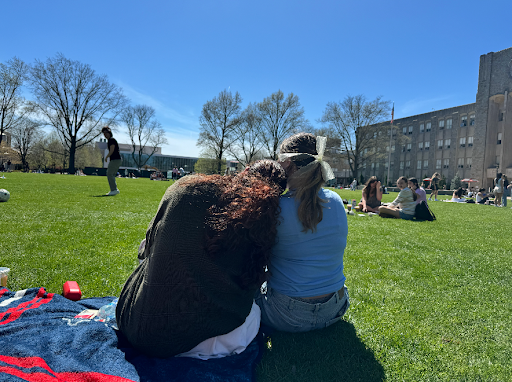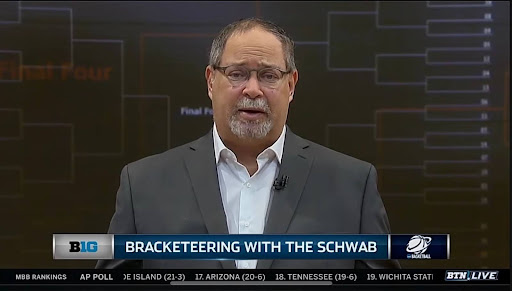Freedom of the press on college campuses may be severely affected by a case the U.S. Supreme Court was asked to hear Friday.
Student journalists at Governor’s State University in Illinois asked the Court to reconsider the June 20, 2005 decision of the 7th U.S. Circuit Court of Appeals in Hosty v. Carter, which called into question the ability of the nation’s college journalists to report free of administrative censorship.
The Hosty v. Carter case involved a dispute between school officials and student journalists at Governor’s State. The clash erupted in October 2000, when students had published articles critical of the administration in the student newspaper, The Innovator.
Patricia Carter, then dean of student affairs at Governor’s State, stopped publication of The Innovator after the editorials criticizing members of the school’s administration ran. Editors were told that the paper would no longer go to press until school officials approved its content.
The students sued Carter, and in 2003, the court sided with the students. Their decision considered the 1988 Supreme Court case Hazelwood School District v. Kuhlmeier, which stated that school-funded high school papers are subject to censorship, but found that the case did not apply to the students at Governor’s State.
But in June, the 7th Circuit Court of Appeals, which takes cases from Illinois, Indiana and Wisconsin, ruled that Hazelwood does in fact apply to college newspapers. This limited the rights of many school papers in Illinois, Indiana, and Wisconsin.
Many people consider the decision to be a strike against the free press on college campuses, and some journalists are wary of the implications the decision has on the rights of student journalists.
St. John’s journalism professor Mark La Monica compared prior administration consent before printing to “CNN asking the White House if it’s okay to air a story on the president.”
Some argue that limits on the college press impede a university’s role as a place of learning.
“College is a beautiful place to foster creative thinking and open-mindedness,” La Monica said. “The administration should be given an opportunity to comment on certain subjects, but the newspaper “shouldn’t be hampered because an administration thinks differently about a subject than does the editorial staff of the school paper.”
However, others feel the 7th Circuit’s decision was a logical one.
“Student newspapers can expect not to have freedom,” professor Kalev Pehme said.
According to the Hosty v. Carter decision, the First Amendment rights of college newspapers that receive student fees would be restricted. Almost all campus newspapers receive such funds, and therefore, the student’s voices would first have to pass the inspection of administrators.
“It is na√ÉØve for any student newspaper that is not completely independent of the university to think is has freedom of press,” Pehme said. “The free press belongs to whoever owns it, and in this case it is the university.”
Many student-run newspapers are now trying to remain the public forums that they have been. Some newspapers are requesting university presidents sign statements of support prohibiting censorship at the university level.
The Daily Vidette at Illinois State University was the first paper to attain this support; the university president signed a statement on Sept. 15.
St. John’s University does not subject The Torch to prior consent. The paper is operated under an editorial policy that states that The Torch cannot take a stance that is contrary to the position of the Catholic Church in an editorial. Any opinion piece written by a staff member that goes against church teaching must appear next to a counterpoint piece authored by the university.
If the U.S. Supreme Court does not take the case, student speech on college campuses could be greatly reduced, with the Hosty decision serving as a precedent.
If it does take the case, the fate of college students’ First Amendment rights will lay in the hands of the high court.

















